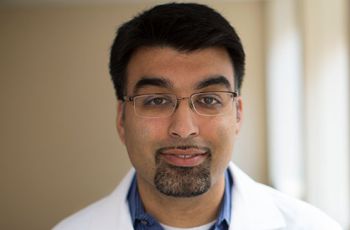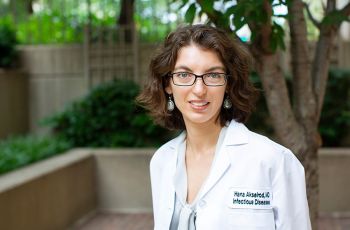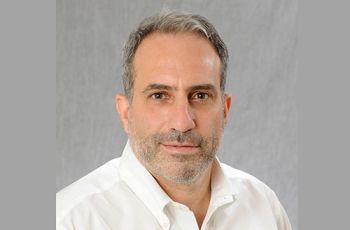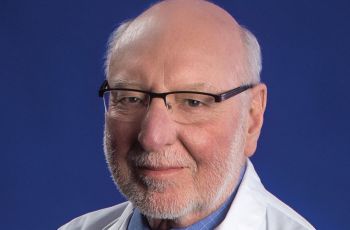Crisis Response
Neal Sikka, MD, associate professor of emergency medicine, spoke to DCist for an article on the rise of telemedicine during the COVID-19 pandemic, the challenges presented, and the lessons to learn from moving forward.
Suzan Song, MD, PhD, MPH, associate professor of psychiatry and behavioral sciences, authored an op-ed for The Hill on the risks COVID-19 present for children and families detained at the U.S. border.
Faculty, residents, and students across GW are creating a registry of information on GW Hospital patients suffering from the novel coronavirus, capturing data on demographics, medical history, treatments, and more.
Gary Simon, MD, PhD, director of the Division of Infectious Diseases and Walter G. Ross Professor of Clinical Research, spoke to Voice of America for an article on early results from COVID-19 vaccine trials.
Hana Akselrod, MD, assistant professor of medicine, spoke to DCist for an article about how remdesivir works as a treatment for COVID-19.
Timothy McCall, PhD, adjunct assistant professor of clinical research and leadership, spoke with USA Today for an article on his recent study with the American Academy of Physician Assistants, highlighting the challenges being faced by physician assistants during their ongoing frontline battle…
In April, William Fenner Griffin, MD, a resident at GW Hospital, needed to be on in-house call at the hospital every night, but worried about bringing the virus home to his family; he found support through the GW COVID-19 Response Fund.
Jeffrey Bethony, PhD, professor of microbiology, immunology, and tropical medicine, spoke to Medium's Elemental publication for an article on what we can learn from other health crises of recent history.
Lorenzo Norris, MD, associate dean for student affairs and administration and associate professor of psychiatry and behavioral sciences, spoke to ABC News about the race for doctors to understand how COVID-19 impacts the brain.
Researchers are working feverishly to discover effective treatments for COVID-19. One drug showing early promise is remdesivir, which is being studied with the help of GW alumnus Richard Whitley, MD ’71, of the University of Alabama at Birmingham.









